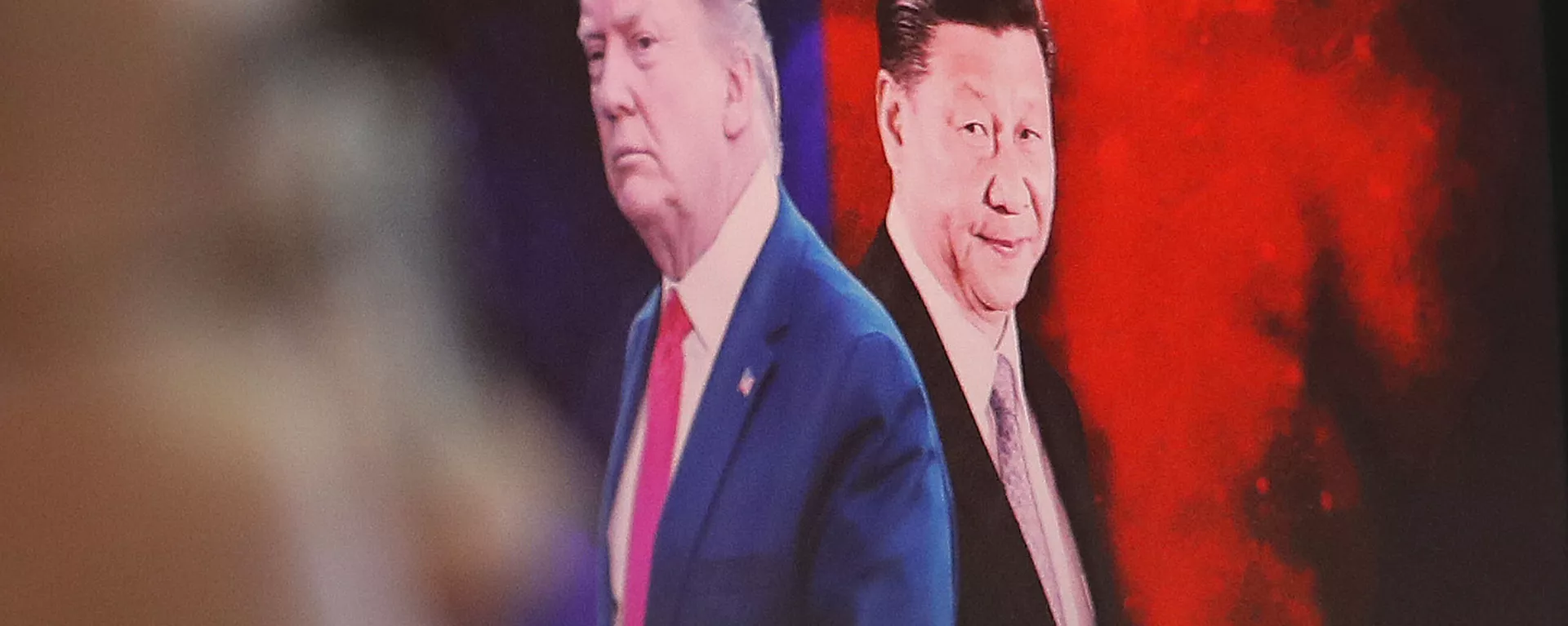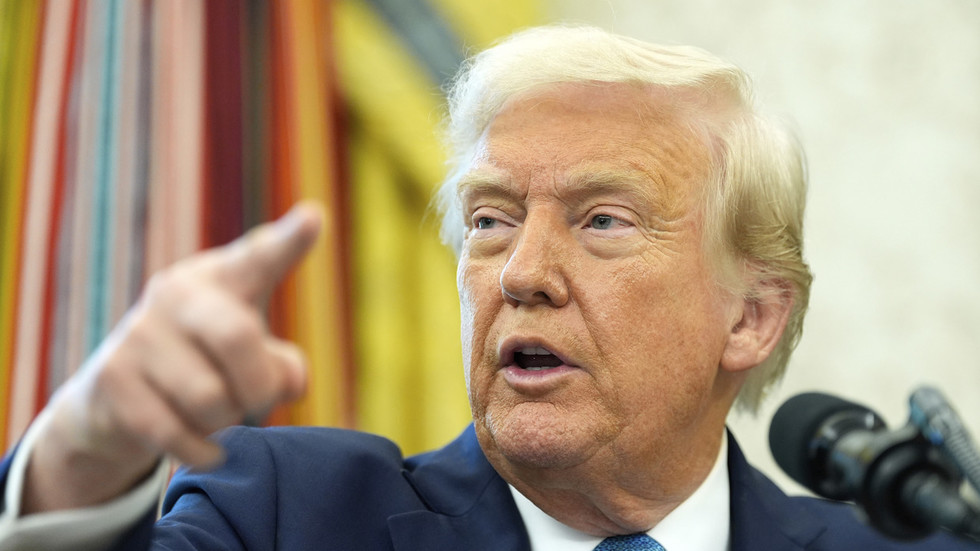The Biden administration plans to slash American chip giant Intel’s funding under a preliminary federal grant, The New York Times reported.
Trouble-plagued Intel will get $8 billion instead of the estimated $8.5 billion incentive package of grants it was awarded earlier under the CHIPS and Science Act, insiders told the outlet.
Washington has bet heavily on Intel to achieve a "chip-making renaissance" in the country. Hefty subsidies were offered to US-based chipmakers amid Washington’s semiconductor trade war with China. Intel, however, was offered the largest single subsidy package. Besides the federal grant, the Biden administration offered Intel up to $11 billion in federal loans and a 25% tax credit for its investments in new factories.
Intel, however, is failing to meet benchmark Commerce Department requirements to get the funds.
Intel was to invest in expansion in Arizona, New Mexico, and Oregon, as well build two chip facilities in Ohio. However, it has postponed construction of new factories in Germany and Poland, while completion of chip facilities in Ohio has reportedly been delayed to the end of the decade instead of 2025.
Intel has struggled to find customers for its new plants and catch up with rivals like the Taiwan Semiconductor Manufacturing Company (TSMC).
It reported a $1.6 billion loss for the second quarter in August, announcing a 15% cutback in its workforce. Its stock plunged 60% in 2024.
Seizing on Intel’s woes, Qualcomm executives have reportedly asked if it would consider a sale. Chips for the Military
The reported funding cut is said to take into account a $3 billion contract that Intel has been offered for national security-related chip production. Chips with military and intelligence applications would be produced by the US tech giant under the secret Pentagon program, Bloomberg reported in September.
Dubbed Secure Enclave, the program will reportedly span several US states where Intel has manufacturing facilities.
Intel's woes prove US steadily losing innovation & tech leadership
Intel's troubles have exposed the US's feeble semiconductor policy and jeopardized any prospects for a US "chip-making renaissance."
During his term, Joe Biden introduced measures aimed at curbing China's… pic.twitter.com/nLHWyAHvQm
The CHIPS Act, a bipartisan bill passed in 2022, provided $39 billion in funding to subsidize the construction of facilities to help the US reduce its reliance on foreign production of cutting-edge microchips.
Washington launched the semiconductor trade spat with Beijing in 2022, with the US Commerce Department prohibiting companies from supplying advanced chips and chip-making equipment to China.
The restrictions, along with the CHIPS and Science Act, were portrayed as limiting China's technological prowess, with the US government citing national security concerns. Washington claimed it was restricting the export of cutting-edge technologies that China could use for military purposes or to enhance its domestic semiconductor capabilities.
China, the largest global semiconductors market, checkmated by rolling out its own export restrictions. It accused the US of violating market rules and leading to fragmentation in the global semiconductors market.

 4 months ago
35
4 months ago
35







 We deliver critical software at unparalleled value and speed to help your business thrive
We deliver critical software at unparalleled value and speed to help your business thrive






 English (US) ·
English (US) ·